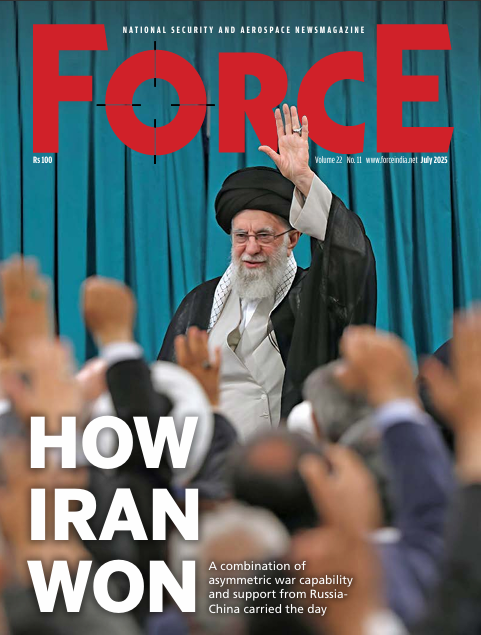A Question of Parity
Mohammad Asif Khan
Amid the ongoing Lok Sabha elections, veteran jawans in the Indian Army have expressed dissatisfaction with the implementation of the One Rank One Pension (OROP) system for pension for the Indian Armed forces. The OROP scheme, aimed at bridging the pension gap between servicemen and women of the same rank retiring at different times, has been a longstanding demand for veterans from the Indian Armed Forces.
This demand was fulfilled as part of a pledge made by Prime Minister Narendra Modi during the lead-up to the 2014 general election campaign, which substantially increased his popularity within the military community. The decision to implement OROP for defence forces personnel and their family pensioners was accompanied by a policy letter in November 2015, stating that pensions would be revised every five years.
According to official data from 2023, approximately INR 57,000 crore has been expended in total, averaging INR 7,123 crore annually over eight years, towards the implementation of OROP. Despite these efforts, retired jawans continue to express dissatisfaction with the scheme’s implementation.
Despite the long-fought implementation of the scheme, retired jawans (soldiers) of the Indian Armed Forces feel they haven't got a fair deal. While the scheme partially addressed the gap between pensions of personnel retiring at different times with the same rank, jawans say they were sidelined in negotiations and that many of their demands still need to be addressed.
Harbhal Singh, a former soldier who served with the Rashtriya Rifles, and is the general secretary at SSSC (Sabka Sainik Sangharsh Committee), is the breadwinner for his father, spouse and two children who are currently in school.
In 2009, while on routine patrol duty in the Kupwara district of Kashmir, he inadvertently trod on an anti-personnel mine. At the age of 35, he had to retire after 15 years of service due to a partial foot amputation. He receives a monthly basic pension of INR 20,000 along with a disability pension of RIN 7,500. He explained that because of his injury, he was unable to do any physical work.
“The OROP scheme is fundamentally discriminatory to jawans, it was under our name that the whole struggle for OROP began and now we are the ones that are left behind,” he said. Harbhal Singh’s situation vividly illustrates the challenges faced by jawans reliant on disability pensions as they strive to rebuild their lives. “The determination of disability pension should be based on the nature of disability or injury attributable to military service, rather than rank and length of service,” he emphasised.
Last year in February, retired soldiers launched a sit-in protest at New Delhi’s Jantar Mantar under the banner of the Sabka Sainik Sangharsh Committee. They were joined by 24 unions representing retired jawans, including Junior Commissioned Officers (JCOs) and Non-Commissioned Officers (NCOs), from various parts of the country but their demand
Subscribe To Force
Fuel Fearless Journalism with Your Yearly Subscription
SUBSCRIBE NOW
We don’t tell you how to do your job…
But we put the environment in which you do your job in perspective, so that when you step out you do so with the complete picture.








